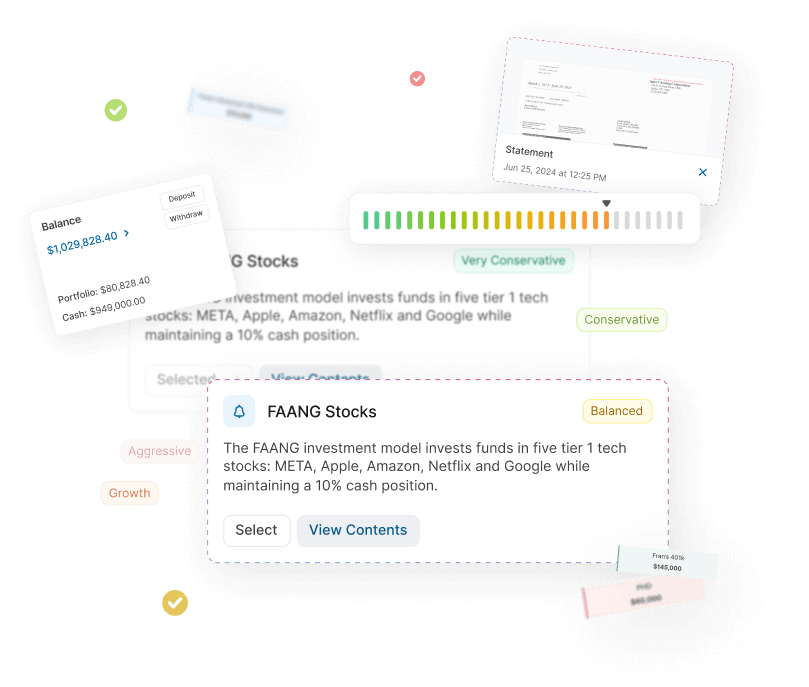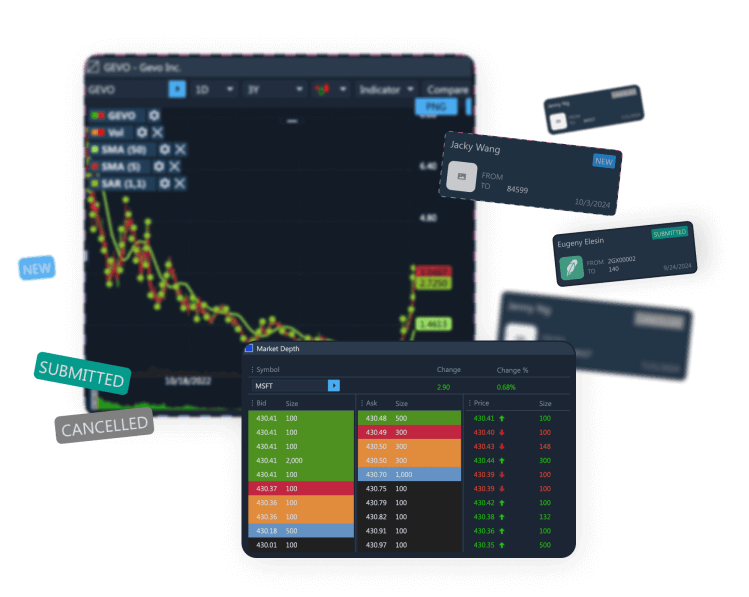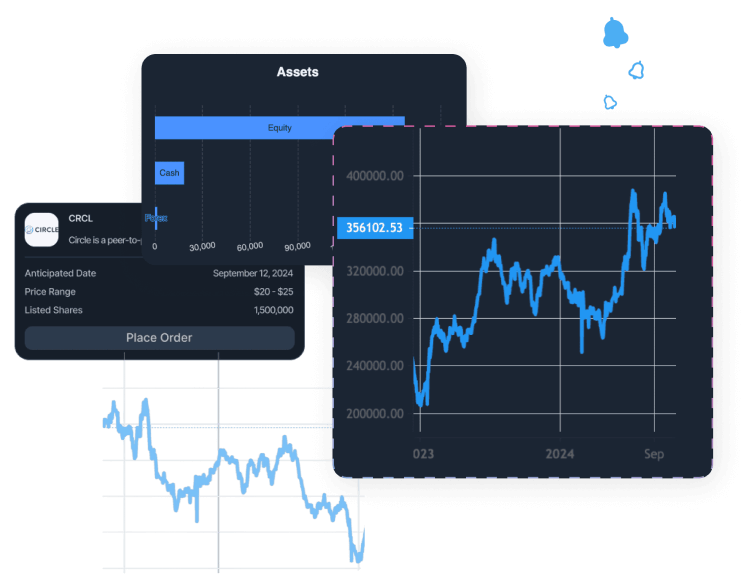
Artificial intelligence has arrived as the defining technology in investing, transforming how retail investors, advisors, and broker-dealers manage portfolios, analyze opportunities, and execute trades. In 2025, investment in AI-driven fintech is forecasted to hit $18.3 billion up from just $9.45 billion in 2021 with a projected $53.3 billion by 2030. Today, mission-critical AI stock apps manage over $1.26 trillion in assets across the globe, empowering every investor through mobile and web-based platforms.
1. Trade Ideas “Holly” AI
2. Streetbeat
3. Betterment for Advisors
4. Schwab Intelligent Portfolios
5. FP Alpha
6. Morningstar “Mo”
7. YCharts AI Chat
8. Pontera
9. Altruist
10. Ziggma
Week 1: Discovery
Weeks 2–3: Pilot & Test
Week 4: Full Rollout & Controls
AI investing tools are transforming asset management by delivering personalized, transparent, and affordable solutions. But their true value depends on due diligence, oversight, and realistic expectations. Platforms like ETNA, which champion multi-factor analytics and institutional-grade AI, set the standard for the next era of wealth management innovation. Advisors and investors who prioritize clarity, compliance, and informed use of artificial intelligence will lead not just follow the market’s ongoing evolution.
What’s the difference between generative and predictive AI investing?
Generative AI creates new content and explanations, while predictive AI analyzes patterns in historical data to forecast outcomes and generate trading signals.
Which client outcomes improve most with AI investing tools?
Clients benefit from faster insights, personalized portfolios, optimized returns, and reduced transaction costs due to smarter automation and real-time analysis.
How do I vet the “best AI investment apps” vendor claims?
Review audit logs, demand transparency on model design/data sources, ask for performance records, and check SEC filings for compliance.
What due-diligence docs should I demand from an AI app provider?
Request documentation on data lineage, model training, security certifications (SOC2/ISO), compliance protocols, and full details on algorithms and monitoring.
Can a generative AI copilot draft IPS or commentary and how do I disclose?
Yes; however, all content should be reviewed by a licensed advisor, with clear client disclosures that AI-generated material was used.
How do AI stock apps compare to factor screens and screeners?
AI apps analyze far more data in real time, uncovering deeper patterns and providing dynamic trade signals, while factor screens use static criteria.
What’s the right pilot for an AI trading app in a fiduciary practice?
Start with a small-scale test, monitor performance/risks closely, validate recommendations, and ensure staff oversight before full rollout.
Does my AI app need CRM/custodian integration on day one?
It’s ideal but not required; early integration streamlines adoption, compliance, and reporting as workflows scale.
What KPIs prove an AI workflow’s value?
Key KPIs include client returns vs. benchmarks, time saved, cost reductions, compliance incident rates, and client satisfaction scores.
How to prevent data leakage using research copilots?
Limit permissions, train staff on data privacy, use platforms with robust audit trails, and encrypt communications.
What “AI-washing” red flags is the SEC watching?
Watch for vague or exaggerated claims, lack of technical detail, guaranteed returns, and firms unwilling to discuss model limits.
How do I communicate AI use to clients safely?
Use plain language, explain AI’s role, note limitations, and provide oversight details to minimize liability and build trust.
How do deepfakes and scams target investors and how can firms mitigate?
Scammers use deepfake videos, fake sites, and impersonation; mitigation requires license checks, verified custodian info, and reporting suspicious activity to DFPI/FINRA.
Where can clients report AI-related investment scams (incl. crypto)?
Clients can report scams to the DFPI’s Crypto Scam Tracker or directly to FINRA and SEC-linked investor protection hotlines.

Demo Financial Advisor Software
Manage portfolios with advanced rebalancing and real-time insights.
Access customizable client reports and streamlined compliance tools.
Designed for advisors seeking efficient client and portfolio management.


Demo Advanced Trading Platform
Test multi-asset strategies with real-time and historical data.
Analyze market depth, execute complex options, and algorithmic orders.
Ideal for refining strategies and risk management before live trading.


Demo Paper Trading Platform
Practice trading with virtual funds in real market conditions.
Simulate cash, margin, and day-trader accounts to gain experience.
Perfect for honing skills in a risk-free, customizable environment.

